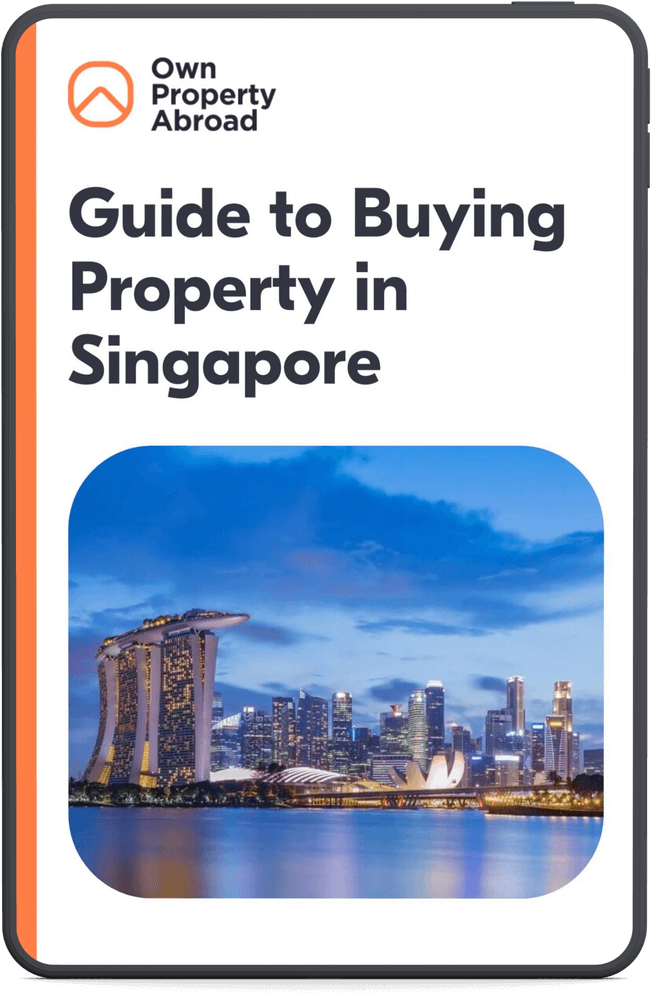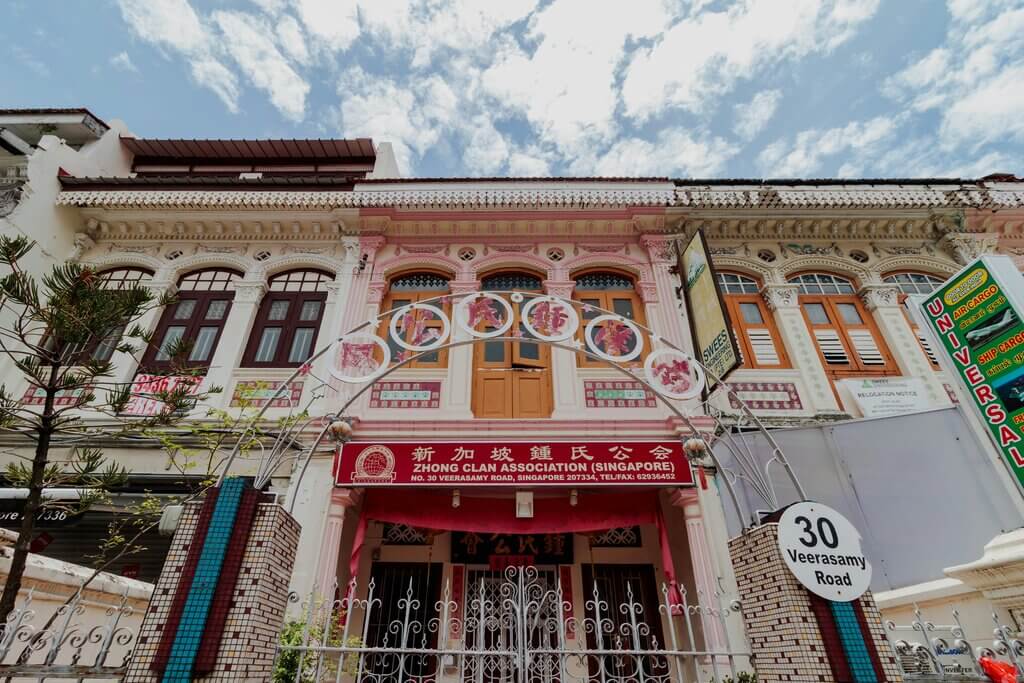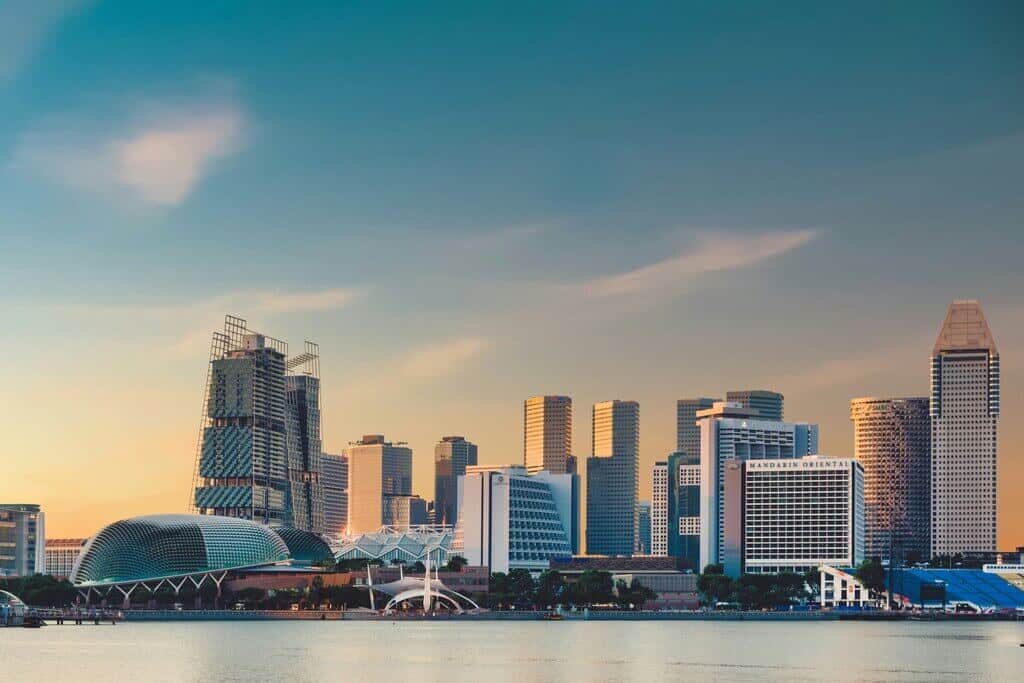Can foreigners buy property in Singapore?
Foreigners are allowed to buy property in Singapore. However, not all property types are available for purchase; government approval is necessary for some properties.
According to the Residential Property Act, a foreign person is considered not any of the following: Singapore citizen, Singapore company, Singapore Limited Liability Partnership, and Singapore society.
Foreigners have several options when it comes to buying property in Singapore. Below is an overview of the property types foreigners can buy without government approval and which properties foreigners can buy with government approval:
| Properties foreigners can buy without government approval | Properties foreigners can buy with government approval |
|---|---|
| Private condos | Landed properties, such as bungalows, semi-detached houses, and terrace houses |
| Executive condos after the EC has met the Minimum Occupation Period (MOP) | Shophouse (for non-commercial use) |
| Shophouses( for commercial purposes) | |
| Commercial and industrial properties | |
| Service apartments | |
| Landed properties in Sentosa Cove |
Rules and regulations foreigners should be aware of
There are several rules and regulations involved for foreigners buying property in Singapore. Below is an overview of the rules and regulations involved per property type:
Condos
Executive condos are private property, with few restrictions on foreigners buying private property in Singapore. However, foreigners should be aware of the Additional Buyer’s Stamp Duty (ABSD), which varies depending on the nationality and the number of properties the buyer owns.
Executive condos
Even though there are few rules for buying a condo in Singapore, it is generally possible to buy one in Singapore as a foreigner, including executive condos. Foreigners can purchase executive condos after the unit has met the Minimum Occupation Period (MOP) requirements. The MOP is typically completed after five or ten years. Foreign buyers might also need to pay the Additional Buyer’s Stamp Duty (ABSD).
Landed properties
Landed properties include bungalows, semi-detached, and terrace houses. For these specific landed properties, approval from the Singapore Land Authority (SLA) is needed.
Shophouses
Foreigners are usually allowed to purchase shophouses for commercial purposes. However, approval from the SLA is needed if the upper floors of shophouses are used for residential use.
Commercial and industrial properties
Foreigners and foreign-owned companies can buy commercial and industrial properties in Singapore for business purposes. There are no restrictions on such purchases for foreigners buying property in Singapore.
Service apartments
Foreigners can buy serviced apartments. These apartments are commonly used for personal use or rental income. Service apartments are considered commercial properties, so there are no restrictions on ownership.
Valuable insights and practical advice, distilled from years of expertise and real-world experience.


Buying property in Singapore in 10 steps
Buying property in Singapore involves 10 steps.
Step 1: Understand the rules
Foreigners face more rules and regulations in Singapore than citizens since foreigners can only purchase some property types. They also face extra fees, such as the Additional Buyer’s Stamp Duty (ABSD). Understanding the rules and regulations will help you to navigate the Singaporean real estate market.
Step 2: Financial preparation
Determine your budget and financial readiness before starting your property journey, as Singapore is one of the most expensive countries to buy real estate and live. Foreigners must be aware of the costs involved, such as the taxes and fees, when buying property in Singapore.
Step 3: Engage a real estate agent
After understanding the rules and regulations and being financially prepared, it is advised to engage a qualified real estate agent familiar with foreigners buying property in Singapore. Real estate agents can inform and guide you.
Step 4: Property search
Start to look for properties through your agent or by yourself. There are several ways to find the right property: through property sites, social media groups, or real estate agents. It’s essential to look at different property types and locations to determine what kind of property and which city suits you best.
Step 5: Verify eligibility and due diligence
When finding a property you want to purchase, check eligibility and conduct due diligence. If the property can legally be sold to a foreigner, check if permission from the Singapore Land Authority (SLA) is needed.
Approval from the Singapore Land Authority (SLA)
Approval from the SLA is necessary to purchase landed properties or commercial shophouses for non-commercial use. An application includes information about personal information, qualifications, contributions to Singapore, family ties, and details about the property of interest.
Step 6: Propose an offer
When you find a property, it’s time to propose an offer and negotiate the purchase price and terms with the seller. After both the seller and the buyer agree, the buyer has to sign an Option to Purchase (OTP).
Step 7: Exercise the Option to Purchase (OTP)
The buyer usually has 14 days to act before the deadline ends; the OTP is typically a 1% downpayment to secure the property. Sellers can consider an option fee, a payment made in return for the OTP. The seller can retain the option fee if the buyer doesn’t pay the OTP.
Step 8: Legal procedures
Engage a conveyancing lawyer experienced in Singapore property law to help you handle all legal aspects of the transaction. The conveyancing lawyer will help ensure all documents are correctly signed and executed.
Step 9: Pay Buyer’s Stamp Duty (BSD), Additional Buyer’s Stamp Duty (ABSD) and down payment
When the buyer has paid the OTP, the buyer pays the Buyer’s Stamp Duty (BSD) and Additional Buyer’s Stamp Duty (ABSD). The ABSD is only applicable to foreigners and specific groups of buyers. The rate for the BSD varies based on the property’s value. Additionally, the down payment is made.
Step 10: Complete the sale
After the nine steps, the final payment is made, and the last necessary documents are signed to buy property in Singapore. Remember to transfer the different utilities and services to your name.

What are the taxes and costs of buying property in Singapore?
Understanding the taxes and costs involved when buying property is crucial; this includes the upfront costs when buying a house in Singapore. Below is an overview of the different taxes and costs applied:
Buyer’s Stamp Duty (BSD)
Buyer’s Stamp Duty (BSD) is a tax the buyer pays when buying property in Singapore. Foreigners and citizens must pay this tax. The rates vary on the purchase price or market value of the property. These are the current BSD rates:
| Property price | Percentage of property price |
|---|---|
| First SGD 180,000 ($135,180) | 1% of the property price |
| Next SGD 180,000 ($135,180) | 2% of the property price |
| Remaining | 3% of the property price |
So, for example, if a property is SGD 1 million ($751,000), the calculation of the BSD will go as the following:
- 1% on the first SGD 180,000 ($135,180) = SGD 1,800 ($1,352)
- 2% on the next SGD 180,000 ($135,180) = SGD 3,600 ($2,704)
- 3% on the remaining SGD 640,000 ($480,640) (SGD 1 million ($751,000) – SGD 180,000 ($135,180) – SGD 180,000 ($135,180)) = SGD 19,200 ($14,419)
The total BSD for a property with a purchase price of SGD 1 million ($751,000) would be SGD 24,600 ($18,475).
Additional Buyers’s Stamp Duty (ABSD)
The Additional Buyer’s Stamp Duty (ABSD) in Singapore is an additional tax for foreigners and specific types of property buyers. The current ABSD tax is 60% for foreigners buying any property.
Legal fees
The legal fees typically include the conveyancing fees. A conveyancing lawyer or firm charges the conveyancing fees for buying property in Singapore. The rates vary based on property price, the complexity of the transaction, and the law firm or lawyer. Typically, the costs range from SGD 2,500 ($1,878) to SGD 5,000 ($3,755).
Agent commission
A commission is paid when a real estate agent has successfully helped with a sale. The rates vary depending on the lawyer or real estate firm, but it’s typically a percentage of the property’s selling price.
Property tax
Property taxes are paid annually by property owners in Singapore. The tax is calculated based on the annual value of the property.
Maintenance fees
If the property has shared amenities, monthly maintenance fees must be paid. These fees cover the maintenance and management of common areas and facilities such as security and the pool.
Buy property in Singapore with Own Property Abroad
Thinking about buying property in Singapore? Our comprehensive ebook is designed to guide you through every step, from navigating legal requirements and finding the right property to negotiating the best deals and conducting thorough due diligence. With the right knowledge, you can approach Singapore’s property market with confidence and ease. Want personalized support? Leave your details below, or email us directly at [email protected].
Valuable insights and practical advice, distilled from years of expertise and real-world experience.


Frequently Asked Questions (FAQs)
Can foreigners buy landed property in Singapore?
Foreigners can buy landed property in Singapore. However, buyers must meet certain restrictions and conditions, such as approval from the Singapore Land Authority and the Minimum Occupancy Period (MOP). Landed properties in Singapore include bungalows, semi-detached houses, and terrace houses.
Can a US citizen buy property in Singapore?
US citizens can buy property in Singapore, but there are restrictions for foreigners when buying property in Singapore. Foreigners can purchase private condos, landed properties, and commercial and industrial properties with few regulations and rules.
Can foreigners buy HDB?
No, foreigners can not buy HDB; only Singaporean citizens and residents can buy this property type.
Can I buy a condo in Singapore as a foreigner?
Foreigners can buy condos in Singapore without many restrictions. However, foreigners should consider the Additional Buyer’s Stamp Duty (ABSD) and eligibility.
What is the foreign property tax in Singapore?
The foreign property tax in Singapore refers to the Additional Buyer’s Stamp Duty (ABSD). The rate for foreigners is 60% off the purchase price.



